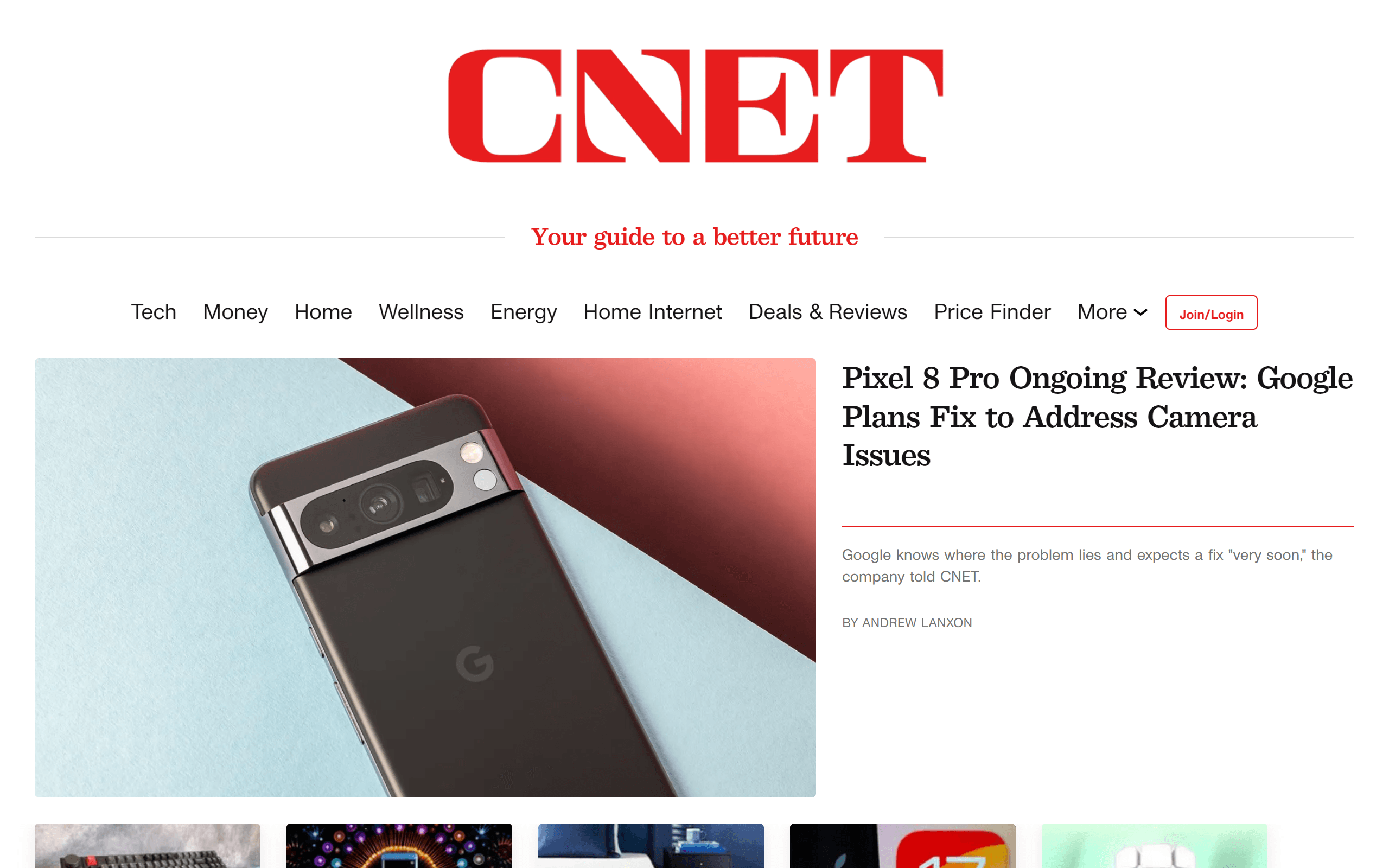Top Factors to Follow the Best tech blog for Tech News and Tutorials
Top Factors to Follow the Best tech blog for Tech News and Tutorials
Blog Article
Just How Blockchain Modern Technology Is Revolutionizing Information Protection
Blockchain technology is basically modifying the landscape of information security by introducing a decentralized framework that assures enhanced transparency and durability. Unlike standard systems, which rely upon central data databases, blockchain disperses information throughout a network, lessening susceptabilities and single factors of failure. Making use of advanced cryptographic techniques makes sure that data remains tamper-proof, cultivating trust fund among individuals and stakeholders. As industries quickly adjust to this innovation, inquiries occur regarding its wider impact and potential difficulties. What effects does this change hold for future data defense techniques and regulative structures? The solutions may amaze you (Best tech blog).
The Fundamentals of Blockchain
Blockchain innovation, a cutting edge concept in electronic information administration, basically transforms just how info is kept and secured. At its core, a blockchain is a dispersed ledger that tape-records transactions across a network of computer systems, making certain openness and immutability.
Key to comprehending blockchain is the hashing procedure, which encrypts transaction data right into an one-of-a-kind alphanumeric code. This cryptographic function makes sure that any change in the transaction information results in a completely various hash, consequently protecting versus tampering. The agreement system, an additional critical component, verifies and verifies brand-new deals with a network of nodes, thus removing the demand for a centralized authority.
Furthermore, blockchain's append-only structure guarantees that information, when included, can not be erased or changed. This characteristic assurances a verifiable and long-term record of purchases, cultivating depend on among participants. Therefore, blockchain offers a robust structure for data honesty, using markets a trustworthy technique for monitoring and handling digital details in a safe, transparent manner.
Decentralization and Protection
Decentralization, a core principle of blockchain technology, substantially improves data security by dispersing control across a network instead than relying on a singular, centralized entity. By distributing data throughout many nodes, blockchain guarantees that also if one node is jeopardized, the whole network continues to be secure.

Each participant in the network has access to the whole blockchain, allowing them to confirm and audit transactions independently. In general, decentralization is crucial in enhancing information protection in blockchain networks.

Cryptographic Strategies
At the heart of blockchain technology, cryptographic techniques play an essential duty in protecting information, guaranteeing both privacy and stability. Cryptography in blockchain employs a combination of uneven and symmetric formulas to secure information, making it available only to authorized parties.
Hash features are an additional critical element, transforming input data right into a fixed-size string of characters, successfully producing a special electronic fingerprint for every block. This makes see this here sure that any type of effort to change the information will cause an entirely various hash, thus keeping the immutability of the blockchain. Electronic signatures validate the credibility and integrity of transactions, supplying a layer of non-repudiation.
The decentralized nature of blockchain, integrated with robust cryptographic strategies, removes the requirement for middlemans, minimizing potential vulnerabilities. As blockchain modern technology evolves, innovations in cryptography such as zero-knowledge evidence and homomorphic file encryption proceed to improve safety and security actions, additionally strengthening data protection in this innovative digital ledger system.
Use Cases Across Industries

In the healthcare sector, blockchain guarantees the safe and secure storage and sharing of patient records, promoting interoperability while securing delicate data from unapproved gain access to. This technology equips individuals with control over their case history and promotes seamless sychronisation amongst health care companies.
Supply chain administration benefits substantially from blockchain's unalterable ledger, which makes sure traceability and visit site credibility of products from origin to customer. By improving transparency, blockchain assists minimize issues such as counterfeiting and unethical sourcing.
In addition, blockchain's decentralized nature is improving the energy market by enabling peer-to-peer power trading, where consumers can deal excess renewable resource directly. This fosters a much more efficient and sustainable energy community.
In the world of copyright, blockchain supplies a tamper-proof system for makers to sign up and protect their jobs, guaranteeing rightful acknowledgment and reasonable payment. These varied use cases underline blockchain's role as a crucial pressure in redefining information safety throughout markets.
Future of Data Defense
As we aim to the future of data protection, blockchain innovation is positioned to play a pivotal you can try this out duty in guarding electronic info. With its decentralized and unalterable qualities, blockchain provides a robust structure for securing sensitive information against unapproved accessibility and cyber threats. This modern technology ensures that once data is recorded, it is virtually impossible to change without detection, therefore offering a significant benefit over traditional information storage techniques.
The assimilation of blockchain with other advanced innovations, such as expert system and the Web of Points (IoT), is expected to improve data protection approaches even more. By leveraging smart agreements, organizations can implement and automate safety and security protocols, decreasing human mistake and enhancing performance. Additionally, blockchain's ability to provide clear and deducible transactions will certainly reinforce trust fund and liability in data monitoring practices.
As regulative landscapes progress, blockchain's compliance-friendly nature will certainly become significantly relevant. It can help companies meet stringent data protection laws, such as the General Information Protection Regulation (GDPR) and the California Consumer Privacy Act (CCPA), by offering proven records of data handling tasks. Inevitably, blockchain's unique characteristics setting it as a transformative device in the ongoing pursuit to protect the digital world against ever-evolving cyber threats.
Verdict
Blockchain innovation represents a paradigm change in information safety by leveraging decentralization and cryptographic methods to improve transparency, count on, and data integrity. As cyber hazards develop, blockchain arises as a vital device for robust information protection across various industries.
Blockchain technology is fundamentally modifying the landscape of data security by presenting a decentralized framework that assures boosted transparency and resilience. Unlike traditional systems, which depend on centralized information repositories, blockchain disperses information across a network, decreasing vulnerabilities and single points of failure.Decentralization, a core principle of blockchain technology, substantially improves information safety and security by distributing control across a network rather than depending on a particular, central entity.At the heart of blockchain technology, cryptographic techniques play a crucial duty in safeguarding data, making certain both discretion and honesty.Blockchain modern technology represents a paradigm shift in data security by leveraging decentralization and cryptographic methods to boost openness, trust fund, and data honesty.
Report this page